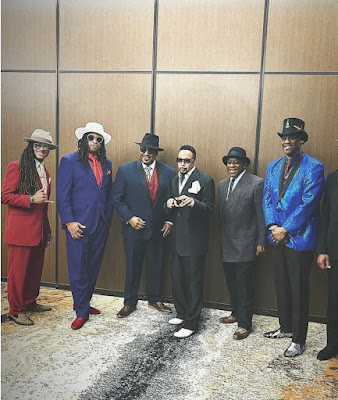June 8, Mary Fields
Would-be mail thieves didn’t stand a chance against Stagecoach Mary. The hard-drinking, quick-shooting mail carrier sported two guns and men’s clothing.
History Logo
HomeTopicsBlack HistoryMeet Stagecoach Mary, the Daring Black Pioneer Who Protected Wild West Stagecoaches
Meet Stagecoach Mary, the Daring Black Pioneer Who Protected Wild West Stagecoaches
Would-be mail thieves didn’t stand a chance against Stagecoach Mary. The hard-drinking, quick-shooting mail carrier sported two guns and men’s clothing.
BY: ERIN BLAKEMORE
UPDATED: JANUARY 28, 2021 | ORIGINAL: SEPTEMBER 14, 2017
copy page link
PUBLIC DOMAIN
Stagecoach Mary
PUBLIC DOMAIN
<EM>MARY FIELDS, BETTER KNOWN AS STAGECOACH MARY.</EM>
Bandits beware: In 1890s Montana, would-be mail thieves didn’t stand a chance against Stagecoach Mary. The hard-drinking, quick-shooting mail carrier sported two guns, men’s clothing and a bad attitude. As the first African American woman to carry mail, she stood out on the trail—and became a Wild West legend. Rumor had it that she’d fended off an angry pack of wolves with her rifle, had “the temperament of a grizzly bear,” and was not above a gunfight. But how much of Stagecoach Mary’s story is myth?
Born Mary Fields in around 1832, Fields was born into slavery, and like many other enslaved people, her exact date of birth is not known. Even the place of her birth is questionable, though historians have pinpointed Hickman County, Tennessee as the most likely location. At the time, enslaved people were treated like pieces of a property; their numbers were recorded in record books, their names were not.
Her story becomes clearer after the end of the Civil War, when she was freed. Many formerly enslaved people headed north to friendlier territory. So did Fields, who seems to have gone up the Mississippi River working on riverboats and acting as a servant and laundress for families along the way. She ended up in Ohio, living a life that was well outside the norm—in a convent.




Comments
Post a Comment